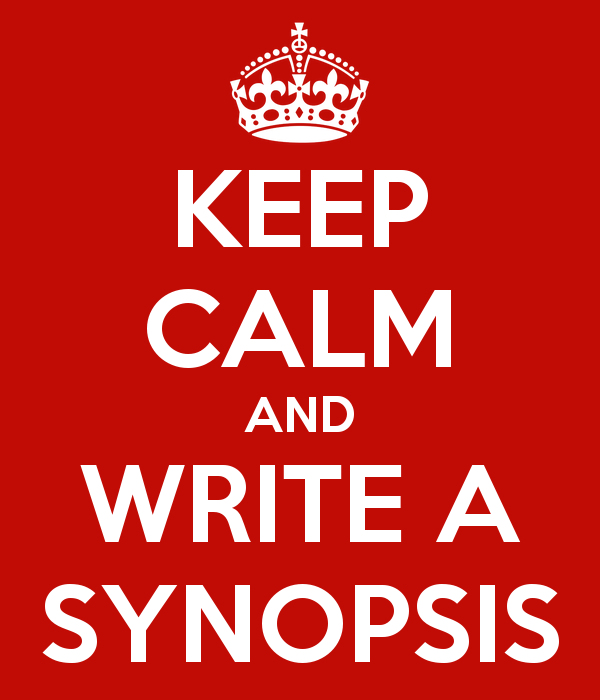I recently finished making wording changes on a self-published book that had already been typeset and printed — or perhaps I should say I thought I had finished the changes. A large batch of new changes just came in from another person who had looked through the book. (I sure am glad I was the typesetter/page designer, and not the editor of that book!)
Thankfully, with print on demand, such changes can be incorporated for a relatively low cost, but my client was concerned about how “unprofessional” the process seemed to be. Surely such last-minute changes never happen in traditional publishing! Oh, if that were only more true. Traditional publishing arguably has fewer of these unfortunate last-minute wording changes than self-publishers do, but it still happens once in a while.
When it comes to avoiding last-minute wording changes, traditional publishers have a distinct advantage over self-publishers, and it all comes down to who is paying the bill. Even if a self-publishing author pays a professional editor to go through the manuscript, the author pays the bill and has the final say.
If the editor finds wordiness, the overuse of a phrase, or a myriad of cliches, will the author have the humility to allow the editor to remove them? (I can’t count the number of times I’ve been told by an author, “That’s just my style,” in response to my discovery of such problems.)
But there is yet another advantage that traditional publishers have over self-publishers: the manuscript gets seen by multiple pairs of eyes. A manuscript at a traditional publisher may go through two or three levels of editing (each by a diffferent person), and more than one proofreader, and “in the multitude of counselors there is safety.” Every person who looks at the manuscript brings a different perspecitive to the writing. It’s crazy, but sometimes a proofreader will notice a problem with a sentence — a sentence that has already been read by four or five people!
Sometimes all it takes is a missing “not” to change a godly author’s words into heresy. Think of this sentence: “Jesus is not indifferent to our sufferings.” If that “not” gets lost, several people may read it and unconsciously insert the word, and thereby miss the typo.
Sometimes a sentence goes past several pairs of eyes before someone notices that it can have two meanings. (My favorite is the old joke about the guy who got fired for laziness. When asked for a recommendation, his former employer wrote: “You’ll be lucky if you can get this guy to work for you.”)
Self-publishing authors cannot typically afford to pay for multiple sets of eyes on a manuscript, but they can still manage to get this advantage in an economical way. They can use beta readers. A beta reader is a friend or fellow author who is willing to read your book and point out any snags or confusing passages. (Or even, sometimes, a major flaw in the logic of your nonfiction, or a hole in the plot of your fiction.) With print on demand, it is now economically practical to hand out printed review copies of your book to your beta readers — but I would strongly suggest having your manuscript professionally edited and proofread before you produce review copies.
When you use beta readers, you need to practice both humility and discernment — humility to accept that your book may have errors, and discernment to realize that nonprofessional advice is not always worth taking. With those two virtues in mind, the more eyes on your book, the merrier!
David Fesseden has degrees in journalism and theology, and over 30 years of experience in writing and editing. He has served in editorial management positions for Christian book publishers and was regional editor for the largest Protestant weekly newspaper in the country.
Dave has published seven books, written hundreds of newspaper and magazine articles, and edited numerous books. He is a frequent speaker at writers’ conferences. Two of his books, Writing the Christian Nonfiction Book: Concept to Contract and A Christian Writer’s Guide to the Book Proposal, are based on his experience in Christian publishing. The Case of the Exploding Speakeasy, Dave’s first novel, reflects his love for history and for the Sherlock Holmes stories of Arthur Conan-Doyle.
Dave and his wife, Jacque, live in south-central Pennsylvania and have two adult sons.
Websites/Blogs:
www.fromconcepttocontract.com
www.davefessenden.com
www.thebookstore.info







No Comments